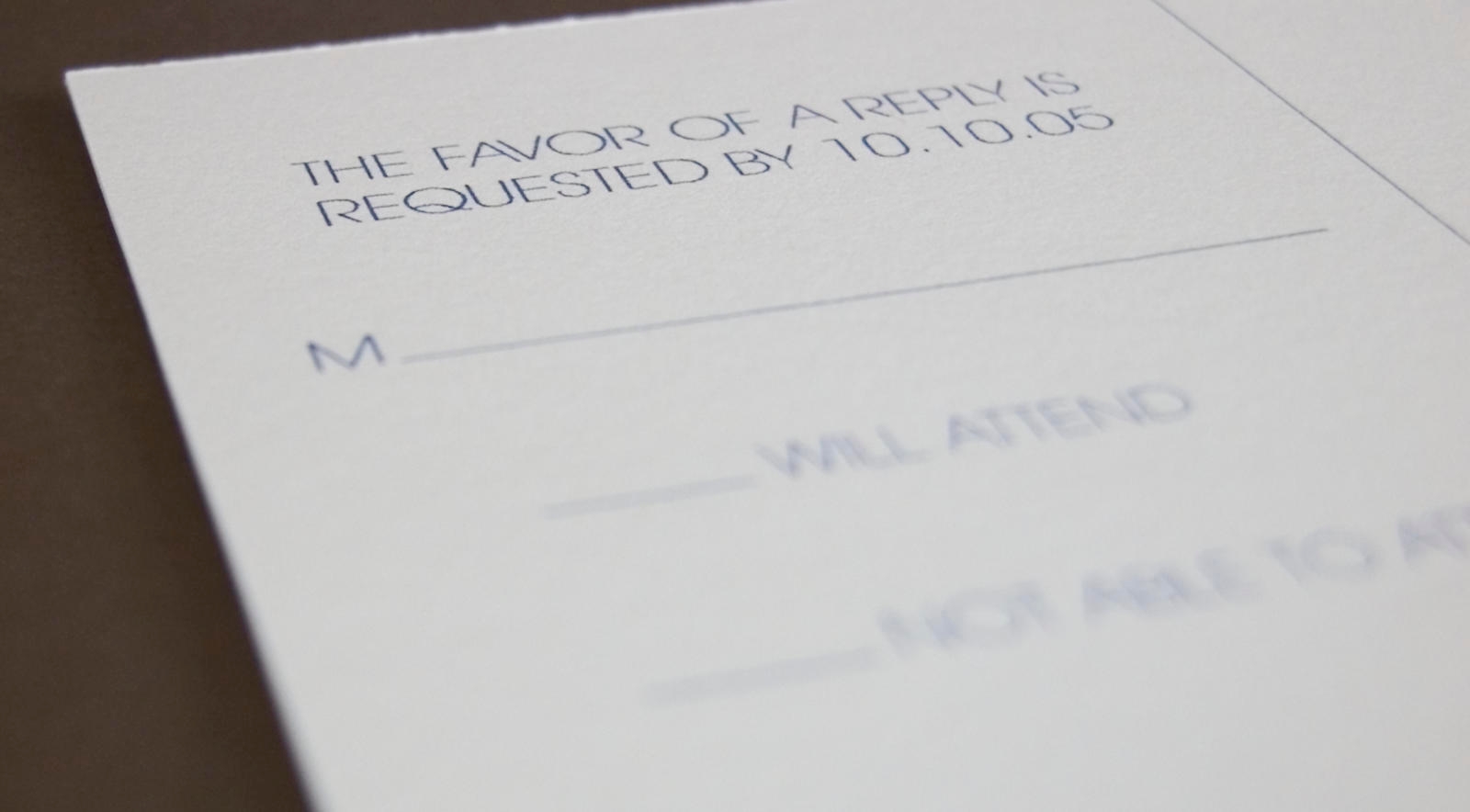I do not do “no” very well. By temperament and inclination, I like to please people and–for better or for worse–a significant part of what I do as a congregational rabbi involves pleasing people.
But I learned, even before I was ordained in 1984, how difficult and painful a decision it can be to say no to an interfaith couple seeking a rabbi to officiate at a wedding. A cousin of mine, knowing I was soon to be credentialed to perform weddings, asked if I would officiate at a ceremony for her and her Protestant fiancée.
I had thought long and hard about this question. Many a late-night discussion with fellow rabbinical students revolved around the pros and cons of officiating at interfaith weddings.
Some of us had reason to fear that–given the rising tide of interfaith marriages–pulpit positions would become increasingly scarce for rabbis who chose not to officiate at such weddings. Some of us created elaborate and principled rationales in favor of officiation. Many of us were simply confused. By the time of my ordination, however, I had decided that I could not officiate at an interfaith marriage. My cousin remained angry with me for years.

Help us keep Jewish knowledge accessible to millions of people around the world.
Your donation to My Jewish Learning fuels endless journeys of Jewish discovery. With your help, My Jewish Learning can continue to provide nonstop opportunities for learning, connection and growth.
My decision to officiate at only those ceremonies involving two Jews is based upon several factors and conclusions:
Jewish Weddings Are Designed for Jews
The Jewish wedding ceremony is Jewishly rich and Jewishly specific in its context. Its rituals and language evolved to meet the needs of Jews and, when performed or spoken by non-Jews, becomes, in my mind, something other than a Jewish wedding, something in which I have no business being involved. For a non-Jew to perform those rites or speak those words would be akin to my stepping forward in a Catholic mass and asking to take communion–inappropriate and potentially offensive.
The presence of a rabbi at a wedding, regardless of what preconditions have been established, what words are spoken, or what rites are performed, screams “Jewish wedding” to all who are present. Insofar as I believe that interfaith marriage–as a phenomenon–is detrimental to the future of Jewish life, I cannot, by my participation in such a wedding, lend my imprimatur to something I do not condone.
I am troubled by the expectation on the part of many Jews that Judaism will be infinitely malleable to their needs. The Jew who automatically assumes that a rabbi will officiate at an interfaith wedding often views Judaism from the vantage point of “what can it do for me” rather than “what do I owe Judaism and the Jewish future”?
A Non-Jew Marrying a Jew Has the Choice of Converting
As a Reform Jew I sometimes exercise what some might consider radical freedom when, for example, I choose to officiate at weddings between two Jews of the same sex. I’ve been accused of hypocrisy for marrying Sarah to Rivka but not Joshua to Kristin. The crucial difference is that I believe that two same-sex Jews who seek to Jewishly consecrate their relationship have a legitimate claim on me as a rabbi. A gay or lesbian Jew hasn’t the option of altering a sexual identity to “fit” a traditional Jewish model of a marriage.
In an interfaith relationship, however, a non-Jew can always choose to become a Jew and then authentically embrace a Jewish wedding ritual. That there may be dozens of impediments to conversion or reasons why the non-Jew cannot, or doesn’t wish to, convert is not, ultimately, my problem to solve.
Extending a Hand Without Performing a Wedding
I have heard the horror stories: “The rabbi refused to officiate at my son’s interfaith wedding and my boy hasn’t stepped foot in a synagogue ever since.” “Rabbi So-and-so lost his position because he refused to perform an interfaith wedding for the temple president’s daughter.”
But I can also tell you of the conversations I’ve had with couples wherein I had the opportunity to explain my position, offer advice and counsel, and gained active members of my congregation because they were helped to understand that rabbinic officiation or non-officiation is an inappropriate litmus test of a rabbi’s worth and sensitivity… and that, moreover, there is far more to living a Jewish life than having a Jewish wedding.
I work hard to extend a warm and open hand to interfaith families. Well over half of the children in our congregation’s school come from interfaith families who have made the commitment to raise their children as Jews. A rabbinic presence at those weddings was not the compelling factor in the decision to create Jewish families. The accessibility of a caring rabbi who was willing to listen to concerns about creating a Jewish family when parents have different faith backgrounds often made the difference.
I cannot carry the weight of the Jewish future on my shoulders. I can only do my best to be true to my rabbinic vocation and to serve with as much sensitivity and compassion as I can muster the people within the orbit of my community and my work. Were I to compromise deeply held principles, I could not be an effective rabbi nor a conscientious Jew.
Reprinted with permission of InterfaithFamily.com.



